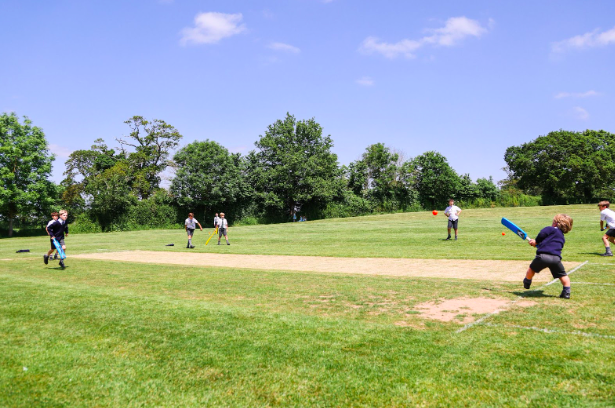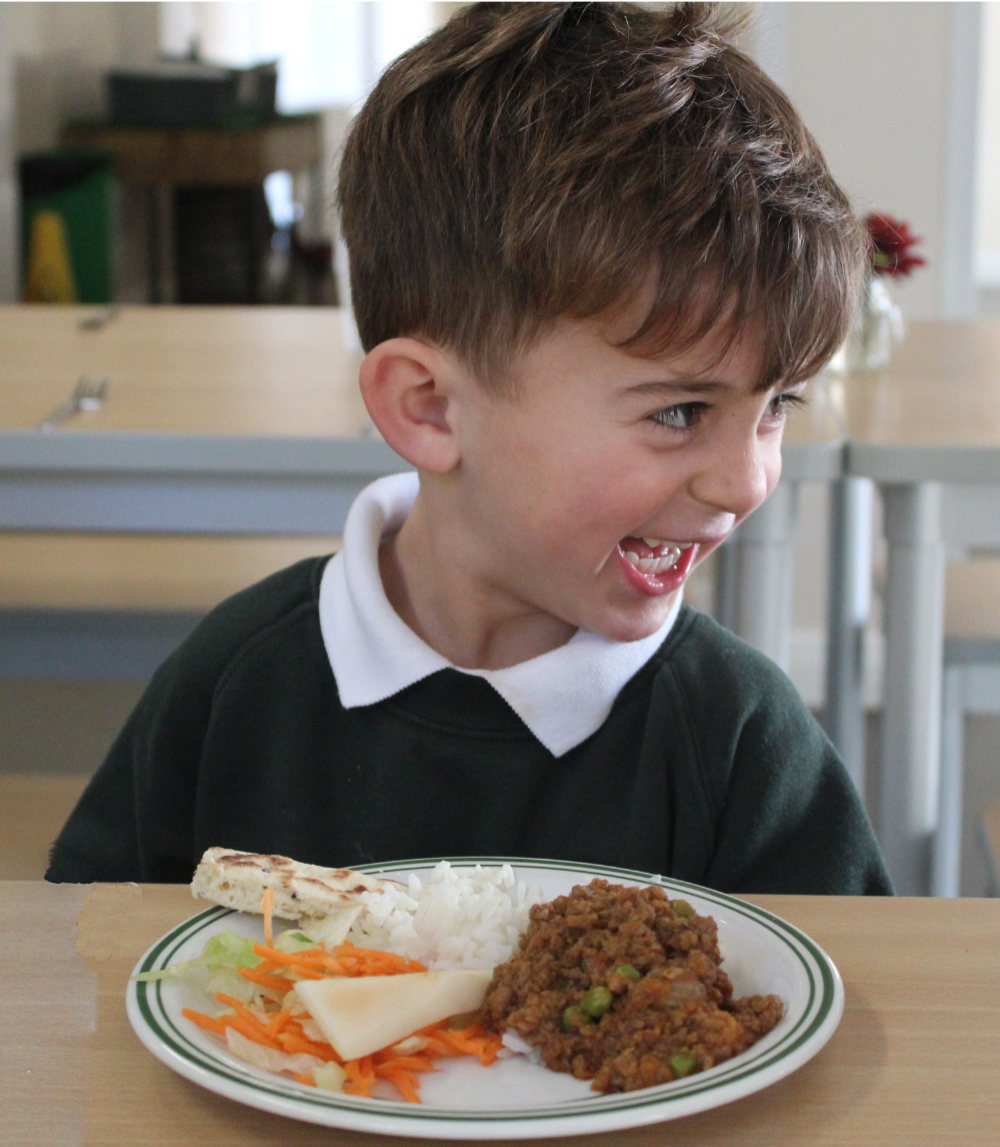Stress can have so many symptoms that sometimes it’s hard to know where to begin.
While bearing in mind that stress affects us all somewhat uniquely, there are some tell-tale signs.
Stress is a complicated emotion and can be overwhelming for the most experienced of adults, so when it’s introduced into a child’s life, it can seem devastating and very disruptive.
They may not know how to articulate how they are feeling, which can make things difficult to give them the help they need.
From this perspective, in this piece we talk about the warning signs that children might experience when under stress.
Why Might a Child Experience Stress?
There are plenty of reasons a child might experience stress throughout growing up. It can be a very confusing time where a lot of changes are being made constantly.
Children will generally experience some of the same stressors as adults do, but without the tool’s adults can have to deal with it.
School work and grades may be the exception here- unless you are helping them!
Doing well in school is up there with being a big stressor for children, and it’s understandable. There is a lot of societal pressure to do well at school as it is described as the foundation on which you build your life on.
Problems with bullying or peers or clubs can also be a big stressor for children, along with peer pressure too. Because they spend the majority of their time in school, if these issues are happening, it’s sure to have an impact.

Personal changes and problems can also really be a pressure on children too that can create stress. Issues such as having problems at home, parents divorcing, going through a separation, or money problems within the family can all have a serious impact on a child’s life.
Not to mention that while this all may be happening, there are some significant changes happening to their bodies, in both sexes.
What Are the Signs of Stress to Look Out For?
There are plenty of signals of stress that you can look out for in your child, both mental and physical, that can give you an indication if your child needs support or not. 
Physical Symptoms of Stress
- Changes in eating habits is a common response to stress. Nominally this is a decrease in appetite, but other changes could happen such as eating for comfort.
- Headaches are a common association with stress. This is because stress releases the ‘fight or flight’ chemicals which causes vascular changes; this then causes the headache.
- Bedwetting can also be a sign of stress, along with nightmares and other sleep disturbances.
- An upset stomach is also an indicator of stress, so if a child doesn’t seem poorly but does complain about a stomach ache, stress shouldn’t be ruled out, along with any other physical symptoms where an illness doesn’t appear to be present.
Emotional or Behavioural Symptoms of Stress
Emotional or behavioural symptoms are somewhat easier to detect than physical, because most of them could be out of character.
Some emotional symptoms to look out for include anxiety and worry.
Worry is normal for everyone, but it’s worth keeping an eye for if it seems excessive.
Signs such as new fears could also be an indication that stress has become a dominating part of child’s life, along with not being able to relax, becoming particularly clingy, or strong emotional outbursts such as anger or crying.
How Can Parents Help Children with Stress?
As a parent, one of the best things you can do for your child experiencing stress is to make sure your home is safe, secure and dependable.
Keeping things constant and reliable as possible is extremely important for a child’s emotional development. Under the umbrella of this can also include either consistent family routine or even new additional ones such as a ‘family night’.
When it comes to external issues, you can encourage children to respond to stress with healthy coping mechanisms. Parents are their children’s role models, so they will look to you to understand you may cope with stress and learn what those actions are.
Last but not least, seek the opinion of a healthcare provider or doctor for additional, professional support.
Here at St Peters prep, Mixed boarding schools, Devon, the mental and physical health of children is really important to us. To find out more about our school, visit our website.











